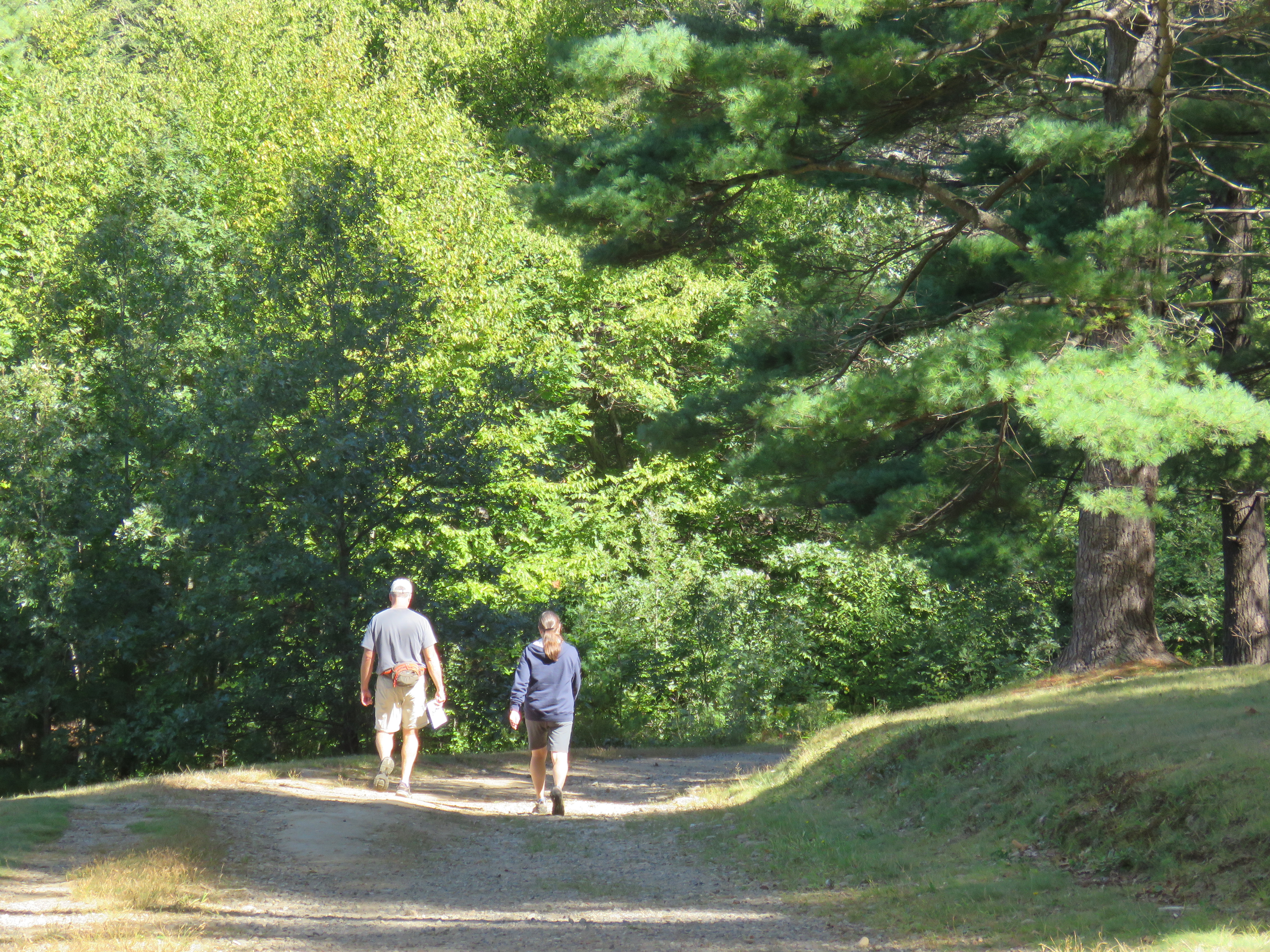Reflecting on Well-Being
There is no lack of people, magazines, TV commercials and other ads that tell you what you must do to be healthy. Wellness is often considered the absence of illness or dis-ease. But what is well-being? It is a state of being that is more holistic, more inclusive, more about quality of life. What does that mean?
For some, well-being might mean not feeling sick, or perhaps healthy aging. In health promotion, it often reflects a person’s performance related to health eating, exercise, smoking cessation and maybe stress management. Ruth Ann Keifer RN, MSN, CRRN, writes about well-being as being at peace with yourself and with others, feeling content, being satisfied with life. To me, this sounds more like a goal for my lifetime.
Is well-being a feeling? James Brown sings, “I feel good. I knew that I would, da-da-da-da-da-da-da!” Sing along with James and learn that this song is about being in love. “I got you, da-da-da-da-DA!” Is well-being that special magic that people newly in love seem to radiate?

At a certain age, some begin to think of well-being as the ability to live in their own home and perform their activities of daily living with relative ease, rather than needing residential care. Suzy Gattuso describes women who age successfully as resilient individuals who remain physically, mentally, and socially active and who are determined to remain independent and control their future. That seems to exclude those with mobility limitations and cognitive or emotional issues. Is well-being possible even if one isn’t aging according to Suzy’s description?
In the process of becoming a holistic nurse, I spent quite a bit of time reflecting on what well-being is for me. I understand it to be a feeling state – feeling happy, healthy, prosperous, and wise. Whether I am prosperous or healthy is a matter of my own opinion. These themes became so important to me that they developed into a book of affirmations titled A Reflective Journal for Busy People: 100 Affirmations of Health, Happiness, Prosperity, and Wisdom. Using affirmations, which the journal encourages you to personalize, has helped me to achieve a greater sense of well-being, over and over again. For me, well-being encompasses my whole self; my body, mind, and spirit, as well as my connection to others, to where I live (Earth), and to Something Greater (God).
Time for Reflection – What is Well-being to You?
Martha Rogers, my favorite nursing theorist, taught that health is the manifestation of an energetic pattern. Rogers refused to be more specific, believing that each person subjectively defines what health means for him or her. The same can be said about well-being.
How do you subjectively define what well-being is for you? Self-reflection is one of the multiple ways of knowing used in holistic self-assessment. Here are a few reflective exercises to create your own personal definition of well-being. Center yourself, create a contemplative environment for yourself, and consider your emotions, thoughts, opinions, judgments, and self talk.

Pick one or more of these exercises to explore what well-being means to you.
- Grab your journal or a piece of paper. Ask yourself, “What is well-being?” Before you think too much, quickly write down 10 words or phrases.
- Visualize well-being. What does well-being look like? In a time of well-being, what do you look like? What are you doing? What are you feeling?
- Do you value a sense of well-being?
- What does the common and often mindless phrase, “I’m doing well” truly mean to you?
If these exercises are challenging, perhaps begin by considering what is not well-being. Then work from there to find your positive words or images for well-being.
What to do if well-being eludes you

Are you currently experiencing well-being? Excellent! Celebrate! Dance to James Brown’s “I feel good!”
If you are not experiencing well-being, set aside some time for contemplative practice. Consider are the weak links in your self-care practices. You might try journaling, a walking meditation, walking a labyrinth, or being outside in nature to stimulate some heart-centered contemplation about self-care.

Here are a few questions for self-reflection:
What detracts from your current sense of well-being?
What aspects of your whole being need some extra TLC?
What self-care practices may serve you right now?
What help might you need?
Florence Nightingale, an early leader in nursing education whose birthday we celebrate this month, offers some encouraging word to anyone seeking a greater level of well-being. “Never lose an opportunity of urging a practical beginning, however small, for it is wonderful how often in such matters the mustard-seed germinates and roots itself” (Nightingale, Notes on Nursing, 1860.)
Florence knew that taking time to care for yourself is often challenging, and life is full of other responsibilities. Seize some time to reflect, any time you slip out of your practice of self care. What did you learn about yourself? Have your needs changed? Resume taking care of yourself with one step, then another. What is your self care plan for tonight? How about tomorrow? What will be your daily practices and weekly practices? Please share your thoughts about well-being and self care in the comment section. I look forward to hearing from you!
In peace,
Gale
Photo credits:
Martin Damboldt on Pexels.com ; John Lyman; Simon Migaj on Pexels.com; Pixabay on Pexels.com ; Bruce Mars on Pexels.com

One Comment
Comments are closed.